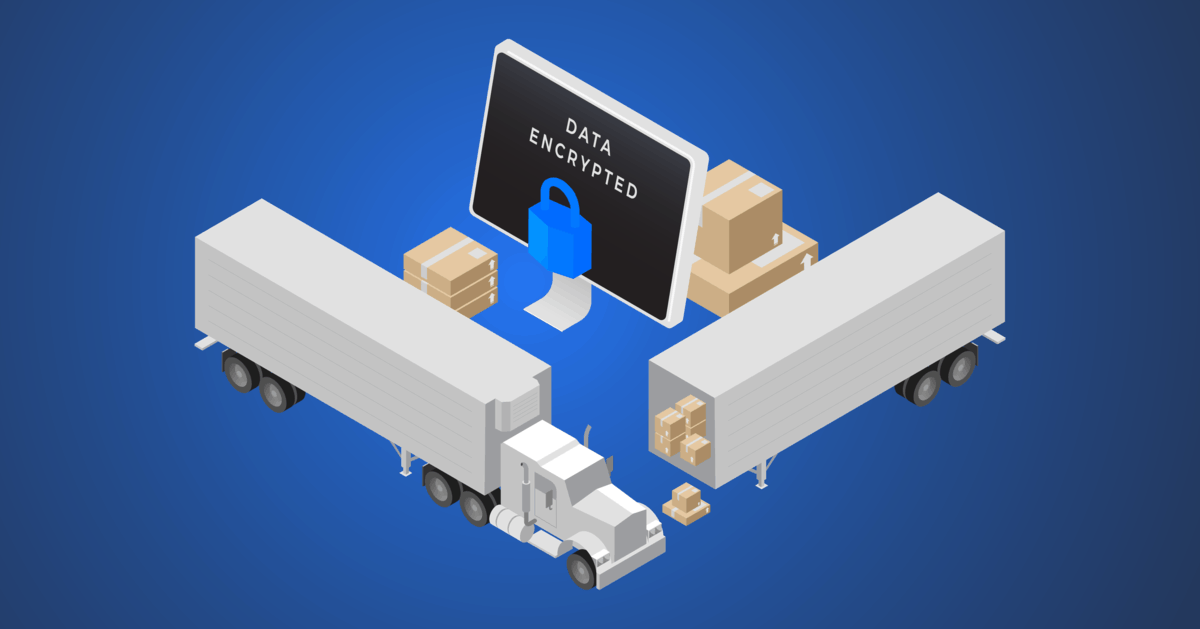6 lessons learned about cybersecurity and freight in 2021
It was once again another rough year for cybersecurity and freight. The main reason: ransomware attacks, in which criminals encrypt data and demand payment, sometimes in the millions of dollars, in exchange for unlocking it. Even though the U.S. government has been taking an increasingly aggressive approach to fighting ransomware, the attacks have continued. They hit companies across the supply chain, including trucking, logistics, freight factoring, freight forwarding — and even fuel bunkering. Here’s what we learned along the way
1 Big carriers are still in the crosshairs: The cyberattack on Wisconsin-based Marten Transport in October showed yet again that major carriers continue to be vulnerable. Marten never officially described the incident as a ransomware attack. But the company’s description of it in an SEC filing and the appearance of stolen data on a ransomware gang’s leak site suggest one may have occurred. Sources told FreightWaves that the attack brought down the company’s operations system — something Marten disputes. Regardless of what befell Marten, the incident marked the single largest publicly known cyberattack on a major carrier in 2021.

2 Ransomware remains the No. 1 threat, regardless of how small you are: Ransomware attacks remain the single biggest cyber threat to transportation and logistics companies. While high-profile incidents like the attacks on Colonial Pipeline and JBS Foods grabbed headlines and the attention of the U.S. government, hackers go after companies of all sizes. In February, the manager of a small carrier with 25 trucks shared his harrowing experience of an attack. The hackers also accessed the carrier’s transportation management system, sending screenshots of it — showing the potential for sabotaging trucking operations. “It was very alarming,” the manager said. “They could have cost that side of the business altogether. It’s scary to think about that.” That level of access isn’t unusual in successful…



